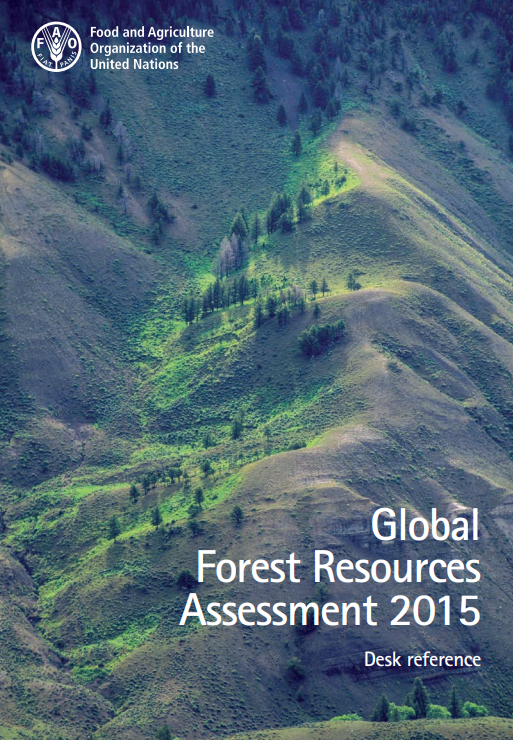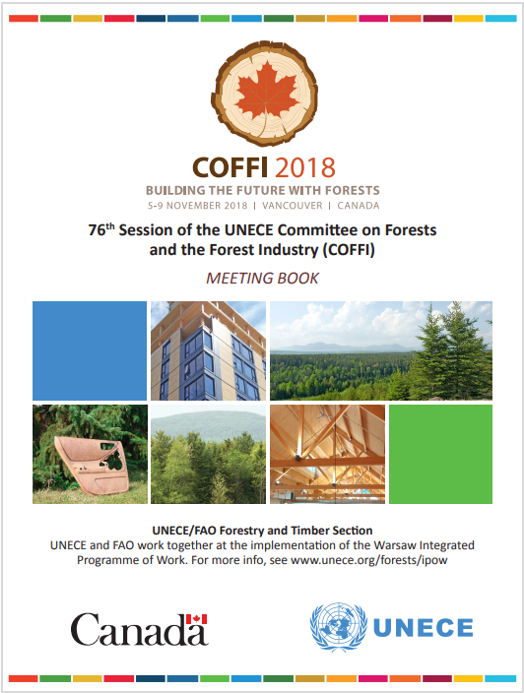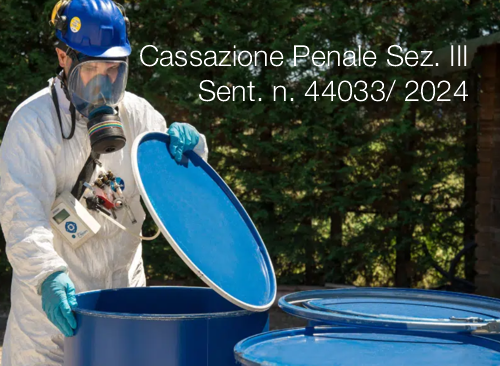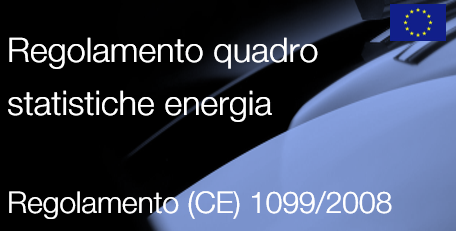
The Global Forest Resources Assessment
This document is one of three main publications of the Global Forest Resources Assessment 2015 (FRA 2015). It contains data for most of the quantitative and Boolean variables collected through FRA 2015.
For a set of summary analyses the reader is encouraged to see the publication How are the world´s forests changing?. 1 It provides a picture of the current state of the world´s forest resources and of the main changes that have occurred over the last 25 years.
The third publication is a special issue of the journal Forest Ecology and Management. 2 The peer-reviewed papers that form this special issue contain a more detailed set of analyses, based on both FRA 2015 data and other data sources. In addition to these publications, country reports containing the source data used in this document can be downloaded and analysed, together with a wide range of additional data sources and output formats, through the Forest Land Use Data Explorer (FLUDE). The Forest Land Use Data Explorer is an active analytical tool designed to provide easy access and analyses of FRA and other land use data.
The main reference documents used for the desk reference are:
- Country reports and desk studies:3 the reports contain detailed information on the sources of data and documentation on calculations.
- Guide for country reporting for FRA 2015:4 the guide explains both the general reporting methodology and provides specific guidance for preparing Country Reports.
- Terms and Definitions document: 5 the document provides definitions for all terms and categories reported in the country reports. Most definitions are complemented by explanatory notes.
For more on FRA 2015, see the article by MacDicken on “Global Forest Resources Assessment 2015: What, why and how?”6 or the FRA website.7
How to read and use this document
FRA 2015 provides data and analysis covering 234 countries and territories. One hundred and fiftyfive reports were prepared by national correspondents nominated by government agencies responsible for forestry. The remainder comes from desk studies prepared by FAO which provide estimated values for forest statistics in countries that did not submit a country report. While the number of desk studies is high, in total they amount to only 1.2 percent of global forest area. The tables in the desk reference are structured according to the questions of the country reports.
The names of countries and territories used in these tables follow standard UN practice regarding nomenclature. Countries and territories are listed in alphabetical order and readers should note that country names are not displayed whenever data are not available. Unless otherwise stated, the information provided in these tables is derived from the FRA 2015 country reports. The desk reference is intended to be an online publication that can be downloaded and printed. It is designed to be printed and spiral-bound so that it lays flat for ease of use.
Contributors
A list of contributors to the country reports can be found on the FRA 2015 webpage.
1 http://www.fao.org/forestry/fra/fra2015
2 http://www.journals.elsevier.com/forest-ecology-and-management/
3 http://www.fao.org/forestry/fra/fra2015/Countryreports
4 http://www.fao.org/3/a-au190e.pdf
5 http://www.fao.org/docrep/017/ap862e/ap862e00.pdf
6 MacDicken, K.G. 2015. Global Forest Resources Assessment 2015: What, why and how? Forest Ecology and Management at http://www. sciencedirect.com/science/journal/03781127/352 7 http://fao.org/forestry/fra/en
8 http://www.fao.org/forestry/fra/83059/en/
FAO, 2015

COFFI 2018 Handbook
76th Session of the UNECE Committee on Forests and the Forest Industry (COFFI)
COFFI 2018, the 76th session of the UNECE Committee on Forests and the Forest Industry (COFFI), is being held in Vancouver, Canada, from 5 to 9 November 2018.
Under the title Building the Future with Forests, the meeting focuses on the transition towards a more sustainable society and a circular economy, based on the provision of forest products from sustainably managed forests.
The official venue of COFFI 2018 is the Vancouver Convention Centre East, 1055 Canada Place, Vancouver, British Columbia (www.vancouverconventioncentre.com / Tel.: +1-604-689-8232). The main plenary will be held in ballrooms B and C.
This year’s Committee session will focus on the importance of forests, and forest products, for shaping a sustainable future. Panel discussions will bring together experts, policy-makers, and business leaders as well as national delegates, concentrating primarily on the challenges and opportunities for wood and forest products markets, as well the role of forests in the circular economy. In addition, the panels will feature voices from students, who represent the next generation of forest leaders. Participants can take part in a range of interesting side events, including the Future Forestry Leaders Symposium, a youth-led event hosted by the UBC chapter of the International Forestry Students’ Association (IFSA-UBC) and the UBC Forestry Graduate Student Society (FGSA). You will find more information on all side events on page 27.
The week will end with the option of attending one of three field trips on Friday, 9 November. See page 32 for more information on these. The joint UNECE/FAO Forestry and Timber Section provides the Secretariat to the UNECE Committee on Forests and the Forest Industry and the FAO European Forestry Commission and works to implement the UNECE/FAO Integrated Programme of Work (IPoW).
UNECE/FAO Forestry and Timber Section
Allegati
|
Descrizione |
Lingua |
Dimensioni |
Downloads |
 |
|
EN |
4666 kB |
966 |
 |
|
FR |
3997 kB |
1027 |
 |
|
EN |
3754 kB |
1119 |




































